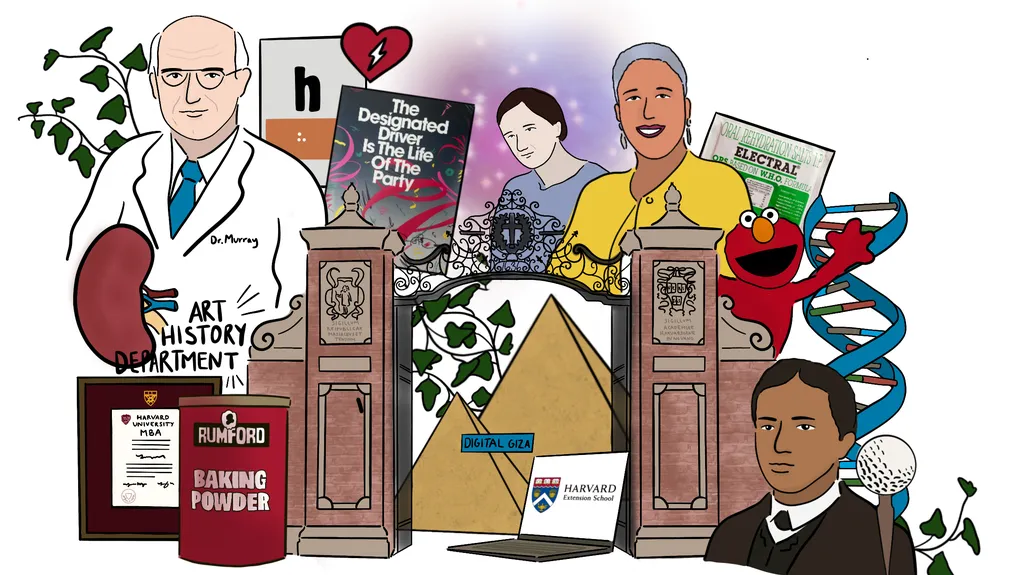In the rapidly evolving landscape of biomedical innovations, a groundbreaking concept is poised to revolutionize the way data is shared and utilized. Zohreh Izadifar, a researcher at Boston Children’s Hospital and Harvard Medical School, has introduced the idea of a biomanufacturing Knowledge Hub (KH) in a perspective article published in the journal *Bioengineering* (translated to English as “Biomedical Engineering”). This innovative platform aims to accelerate the development and delivery of biomedical products by fostering collaboration among patients, bioengineers, clinicians, regulators, companies, and investors.
The KH is designed as a data-driven learning platform that supports the entire lifecycle of biomedical products. By integrating advanced data sharing and processing technologies, it aspires to connect various stakeholders, reduce redundancies, and ultimately fast-track the delivery of innovations to patients. “The KH offers transformative capabilities, enabling the development of new products at a substantial increased speed,” Izadifar explains. “It is built as a secure, quantum-resistant platform that encrypts data and allows access through advanced algorithms, creating an intelligent, collaborative environment.”
One of the key challenges in biomanufacturing is the accessibility and sharing of data. The KH addresses this by building an ecosystem that links data stores, integrates digital twins, and leverages advanced analytics. This ecosystem not only enhances product development but also unlocks revenue opportunities based on data quality and usage. “Users can harness collective knowledge to enhance products, launch innovations, integrate technologies, and unlock revenue opportunities,” Izadifar adds.
The implications of this research extend beyond the biomedical field. The KH’s secure and intelligent platform could have far-reaching applications in various sectors, including the energy industry. By facilitating data sharing and collaboration, the KH could accelerate the development of new technologies and solutions, ultimately leading to better outcomes for patients and commercial success for companies.
As the energy sector continues to evolve, the need for innovative solutions that can be developed and deployed quickly is paramount. The KH’s approach to data sharing and collaboration could serve as a model for other industries, driving progress and fostering innovation. “This KH aims to revolutionize biomanufacturing, offering unprecedented opportunities for innovation, better patient outcomes, and commercialization with far-reaching applications beyond biomanufacturing in the future,” Izadifar concludes.
In the quest for faster, more efficient, and more collaborative biomedical innovations, the biomanufacturing Knowledge Hub stands as a beacon of hope. As the energy sector looks to the future, the lessons learned from this research could pave the way for a new era of innovation and progress.

